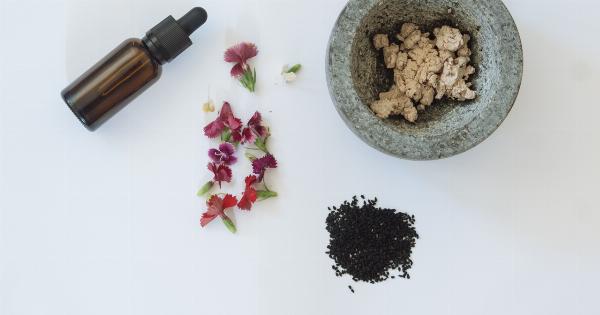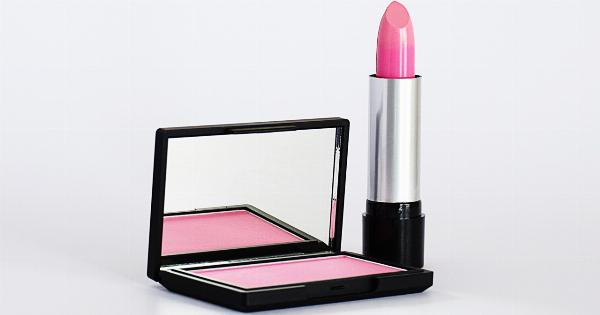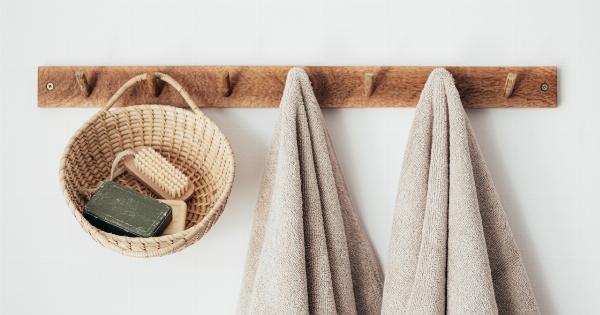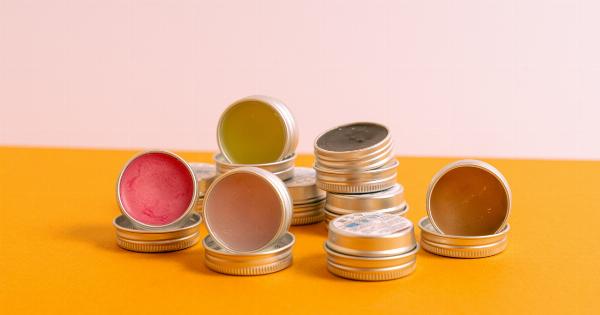Summer is the perfect time to experiment with new makeup and skincare products. However, with the heat and humidity, it can be challenging to keep your cosmetics fresh and long-lasting. One easy solution is to utilize refrigeration techniques.
Why refrigeration is beneficial for cosmetics
Refrigeration is an effective way to enhance the shelf life of your makeup and skincare products. When stored in a cool place, cosmetics are less likely to spoil or deteriorate quickly.
Additionally, the low temperature can help reduce inflammation and puffiness, which is especially helpful for under-eye creams and gels.
Which products should be refrigerated
Not all cosmetics need to be refrigerated, but some can benefit greatly from the cool temperature. Here are some products that you should consider storing in your fridge:.
1. Eye creams and gels
As mentioned before, refrigeration can help reduce inflammation and puffiness, which is why eye creams and gels should be stored in the fridge. The cool temperature can constrict blood vessels and reduce the appearance of dark circles.
2. Face mists
Face mists can be a lifesaver during the summer heat, but they can also harbor bacteria and lose their potency quickly. By storing them in the fridge, you can ensure that they stay fresh and provide a refreshing burst of coolness when you need it most.
3. Lipsticks and lip balms
If you’ve ever left your lipstick in the car during a hot day, you know the heartbreak of finding it melted and misshapen.
By keeping your lipsticks and lip balms in the fridge, you can prevent them from melting and also create a cooling sensation when you apply them.
4. Nail polish
Nail polish can also benefit from refrigeration. When stored in a cool place, the formula stays consistent and applies more smoothly. Plus, the cool temperature can help prevent the polish from becoming too thick or gloopy.
5. Sheet masks
Sheet masks are a popular skincare trend, but they can also be messy and difficult to store. By refrigerating them, you can extend their shelf life and create a soothing, cooling effect when you apply them to your face.
Tips for refrigerating your cosmetics
Refrigerating your cosmetics is easy, but there are a few tips and best practices to keep in mind:.
1. Use a separate container
You don’t want to place your cosmetics directly on the shelves of your fridge, as this can lead to contamination and a decrease in potency.
Instead, use a separate container such as a makeup bag or plastic bin to keep your cosmetics organized and easy to find.
2. Label your products
It’s a good idea to label the products you store in the fridge so that you don’t accidentally mistake them for food items. Use a permanent marker or label maker to add clear and concise labels to each product.
3. Don’t freeze your products
While refrigeration can be helpful, freezing your cosmetics can be damaging and affect the formula’s efficacy. Stick to storing your products in the fridge at a temperature between 33 and 40 degrees Fahrenheit.
4. Avoid double-dipping
It’s essential to use clean hands and tools when applying your makeup and skincare products, especially when you’ve stored them in the fridge. Avoid double-dipping or using dirty tools to prevent contamination and the growth of bacteria.
Conclusion
Keeping your summer cosmetics fresh is easy when you utilize refrigeration techniques. By storing your products in a cool place, you can extend their shelf life, prevent spoilage, and even enhance their effectiveness.
Remember to only refrigerate products that will benefit from the cool temperature, and implement best practices to ensure that your cosmetics stay clean and hygienic.
























